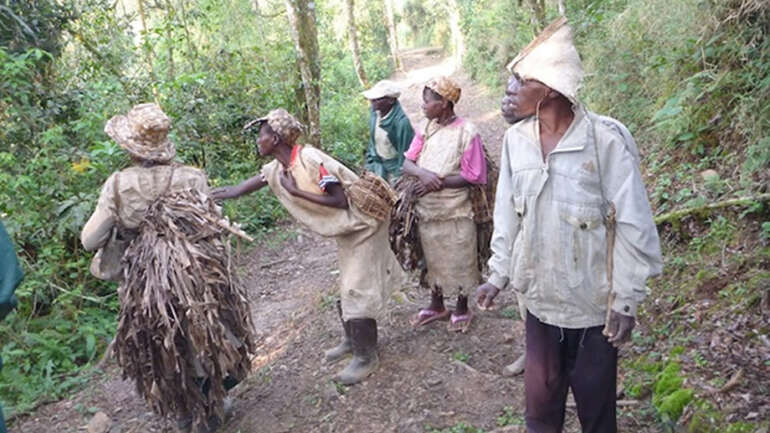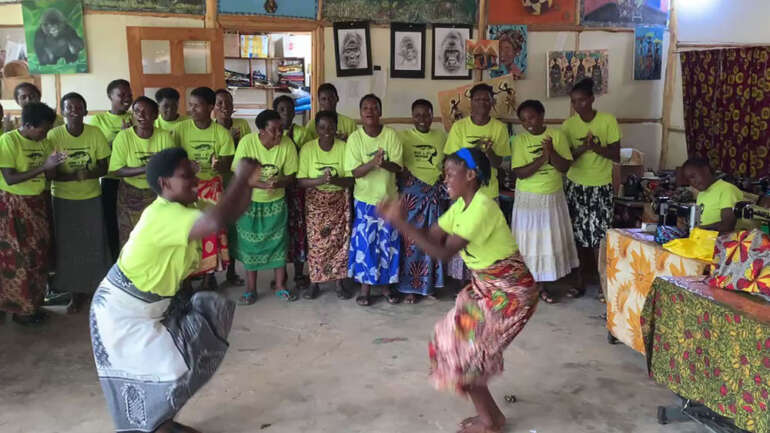The US has brokered a conservation deal in Greater Virunga Landscape shared by the DR Congo (DRC), Rwanda and Uganda.
Under the US initiative, the conservation agreements were recently signed in western Rwanda by Rwanda’s trade and industry minister, Ms Monique Nsanzabaganwa, Uganda’s tourism state minister, Mr Serapio Rukundo and the Congolese secretary general in the environment, nature conservation and tourism ministry Mr Abel Leon Kalamabayi Wa Kabongo.
The US Assistant secretary of state for Ocean Environment and science, Ms Claudia McMurray and the first resources of the kingdom of Netherlands Embassay in Rwanda, Ms Maresa Oosterman witnessed the signing.
In the deal, ministers from Rwanda, Uganda and DR Congo pledged to strengthen thee efforts to attract investments in the region of tourism, poverty alleviation and wildlife conservation.
The reiterated that the military groups operating in the DR Congo have created instability and threaten people and wildlife by preventing park authorities from entering parts of the DR Congo Virunga national park.
Greater Virunga landscape is home to 52% of Africa bird species, 43% of Africa mammals and the last remaining Mountain gorilla populations in earth. The region boasts of 27 primate species and 40 species of ungulates. More than 19% of amphibians and 14% of reptiles and plants of mail land Africa are found within this region.
In May 2006, the three states through their respective tourism and conservation agencies adopted a ten year transboundary conservation deal was launched in Kigali seeking $92 million for implementation.
The Netherlands Embassy in Kigali has already sponsored the campaign to the tune of the 4.1 million to spark off implementation plan.
According to the director general of Rwanda Tourism Board ( ORPTN), Ms Rosette Rugamba, the environment and wildlife within the region continuously face problems of insecurity, land encroachment, poaching and many threatening dangers to the area.
In conference, concrete steps to expand investments in Eco-tourism infrastructure and revenue sharing with local communities to ensure sustainable livelihoods for the people living in the region were discussed.
The officials from the three states in question also pledged their governments’ commitments to ensure security in the parks that they share. In the region, the major concern was the existence of the armed militant groups in the DRC who are threatening the habitat and wildlife, displacing local communities, destroying tourism infrastructure and preventing park rangers and conservation groups from entering more than 40% of the DR Congo Virunga National Park of Militia groups who threaten both people and wildlife. Without security, economic growth from tourism and other investments will not occur, McMurray said.
The US began supporting conservation in the Greater Virunga landscape 2003 through the US Agency for international Development’s Central African Regional program for the environment.

